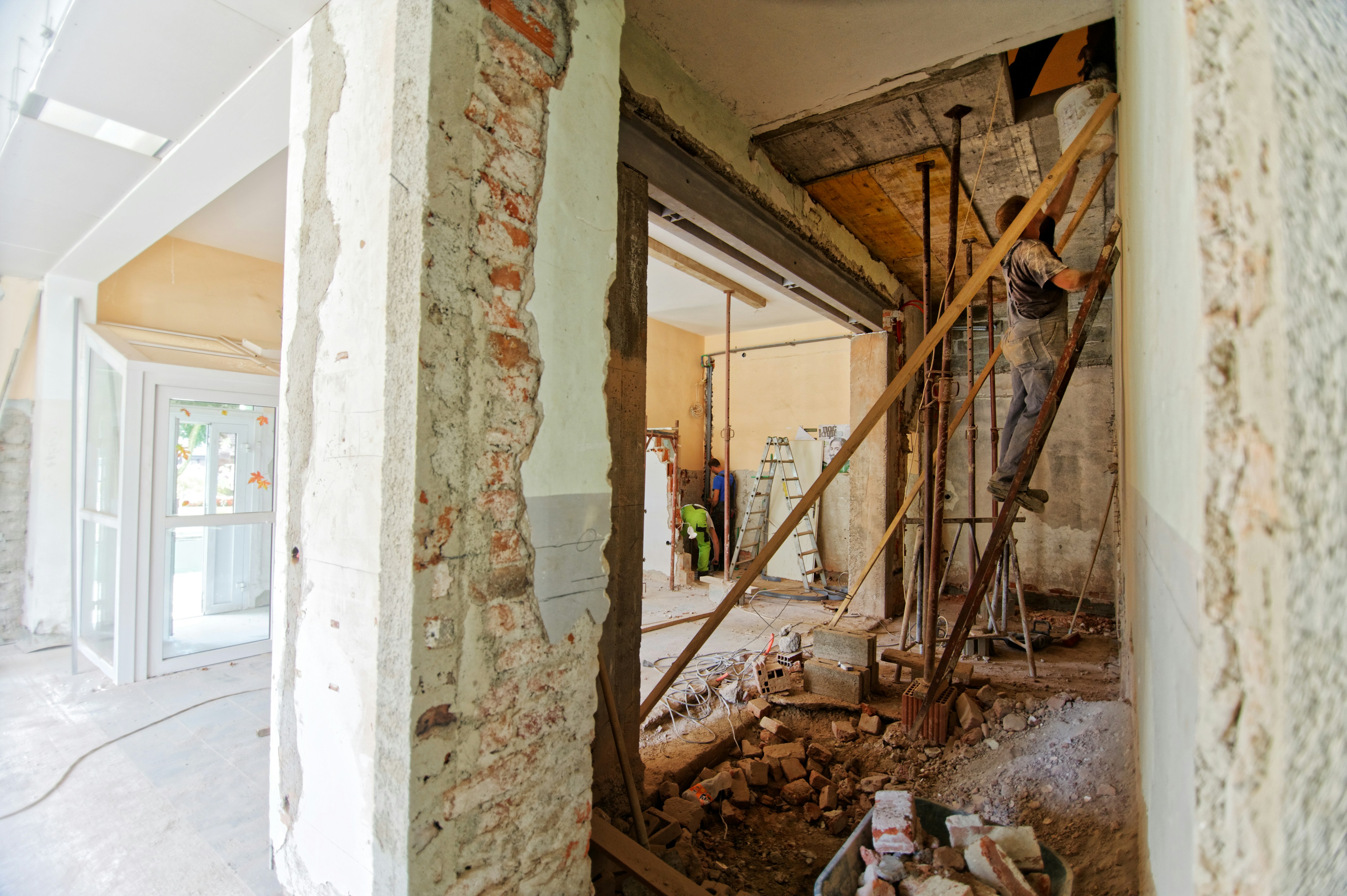Since the creation of air conditioning (AC) 118 years ago, AC has gone from being a rare luxury to a household item. AC units in homes, offices, and automobiles extract heat from hot air to maintain cool temperatures. Cool temperatures prevent people and pets from overheating, which can cause health issues such as heat exhaustion. Heat exhaustion can lead to heatstroke, which can be fatal.
In addition to the health benefits, AC helps make our living and working conditions comfortable. Air conditioning makes it easier to sleep on warm nights and drive to work without getting sweaty. With these benefits, it’s not surprising that by 1970 AC was a standard feature in most new homes, and today, almost all new cars contain AC. If there’s a drawback, it’s that we’re so accustomed to air conditioning that we have a hard time functioning without it. Fortunately, if your AC unit breaks down, there are some steps you can take to get it working again, and routine maintenance can help prevent future issues.
Building AC
Most buildings contain a central heating, ventilation, and air conditioning (HVAC) system. If your home or office’s air conditioning system breaks down, you may need to contact a certified HVAC technician to address the problem. First, you can take some troubleshooting steps that will either resolve the issue or help identify the problem’s source. Check the air filter to determine if it’s dirty. Air filters should be changed every 45 days to prevent your unit from distributing allergens and pollutants throughout the building. If your filter is dirty, your HVAC system will also have to work harder to heat or cool the air effectively. This leads to inflated energy costs because your system will be running more, and it can also cause your unit to break down.
If changing the filter doesn’t resolve the issue, your ducts may be blocked. Check the airflow at each vent in the building. Turn the thermostat down to engage the air conditioner and hold a piece of tissue paper in front of each duct. The paper should be pulled towards intake ducts and blown away from supply ducts. If the tissue paper doesn’t move, the duct is likely blocked. In this case, you either need to clean the duct yourself or have a professional clean the duct.
If air is flowing through the ducts, but your building isn’t getting cooler, use a thermometer to check the air temperature at the intake and supply vents. The air coming from supply vents should be 20°F cooler than the air being drawn into the intake vents. If this isn’t the case, it suggests there’s a mechanical issue. Locate a certified HVAC technician in your area and have them inspect your unit. HVAC technicians can replace malfunctioning parts, such as condensers and compressors, or install a new unit if necessary.
Vehicle AC

Open all of the vents in your car and turn on your AC. The compressor should start. If it doesn’t, this could indicate a critical problem in the system. If the compressor starts, but the air doesn’t cool your refrigerant may-be low. Fill up the refrigerant and clean the condenser. If this still doesn’t resolve the issue, add dye to the refrigerant to determine if there’s a refrigerant leak.
If your compressor is making strange sounds, it may indicate there’s a critical problem. Rattling, squealing, and grinding sounds are all signs of serious mechanical issues with your AC unit. Have a mechanic run a diagnostic on your AC system to identify the problem and make appropriate repairs.
Reasons for Breakdowns

AC systems can have mechanical issues for several reasons. Like all crucial electronic systems, your AC must be appropriately maintained. Changing filters and cleaning ducts can help extend the life of your building’s AC system. Cleaning the condenser and condenser coils and topping up refrigerant will ensure your vehicle’s AC works correctly.
You may also run into issues if you’re building an addition, converting a home into a rental property, or performing repairs on other systems. HVAC technicians can expand your system or modify it to suit your property’s needs.
Whether you’re having issues with your home or vehicle’s AC, there are some troubleshooting steps you can take that may correct the problem or identify the source of the issue. If you’re unable to fix your AC yourself, contact a professional HVAC technician or mechanic who can repair your unit.


















